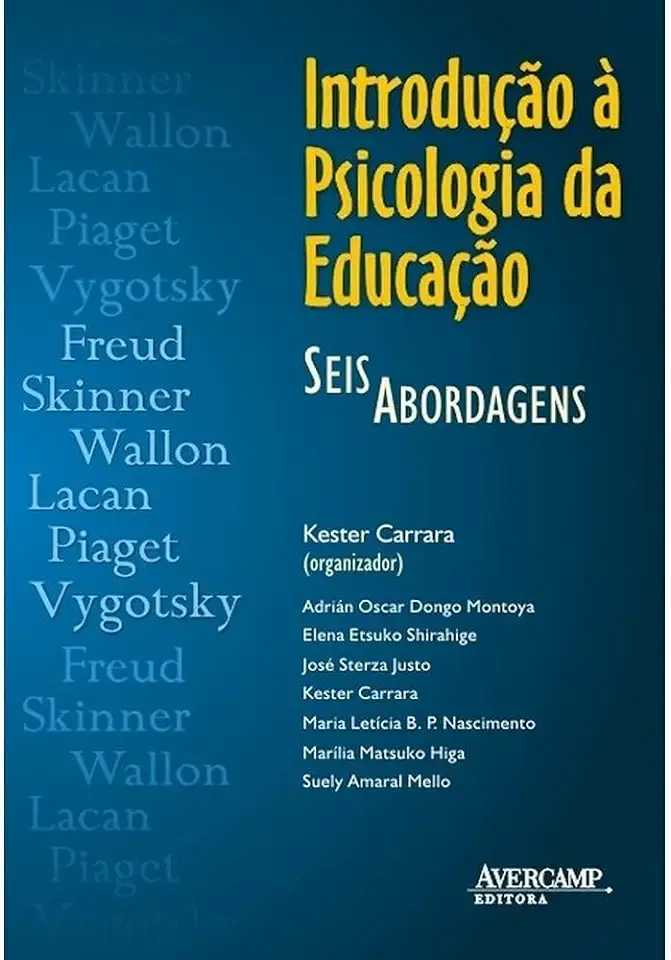
Introduction to the Psychology of Education - Kester Carrara
Introduction
In "Introduction to the Psychology of Education", Kester Carrara provides a comprehensive and engaging exploration of the field of educational psychology. This book offers a wealth of insights into the psychological processes that underpin teaching and learning, making it an essential resource for educators, researchers, and anyone interested in understanding how people learn.
Key Concepts and Theories
Carrara begins by introducing the fundamental concepts and theories that form the foundation of educational psychology. These include:
- Learning theories: Carrara discusses various learning theories, such as behaviorism, cognitivism, and constructivism, and explores how they can be applied in educational settings.
- Motivation: The book delves into the factors that motivate students to learn, including intrinsic motivation, extrinsic motivation, and self-determination theory.
- Cognitive processes: Carrara examines the cognitive processes involved in learning, such as attention, memory, and problem-solving, and how they can be enhanced through effective teaching strategies.
- Social and emotional factors: The book also explores the social and emotional factors that influence learning, such as peer relationships, classroom climate, and self-concept.
Applications in Educational Settings
Carrara goes beyond theoretical discussions and provides practical applications of educational psychology in real-world educational settings. The book includes:
- Case studies: Carrara presents case studies that illustrate how educational psychology principles can be applied to address specific challenges in teaching and learning.
- Research-based strategies: The book offers evidence-based strategies for improving teaching effectiveness, such as cooperative learning, scaffolding, and differentiated instruction.
- Assessment and evaluation: Carrara discusses various assessment and evaluation techniques that can be used to measure student learning and inform instructional decisions.
Engaging and Accessible Writing Style
One of the strengths of "Introduction to the Psychology of Education" is Carrara's engaging and accessible writing style. The book is written in a clear and concise manner, making it easy for readers to understand complex concepts and theories. Carrara also uses real-world examples and anecdotes to illustrate the practical relevance of educational psychology.
Conclusion
"Introduction to the Psychology of Education" by Kester Carrara is a must-read for anyone interested in understanding the psychological processes that underpin teaching and learning. With its comprehensive coverage of key concepts, theories, and practical applications, this book provides a valuable resource for educators, researchers, and anyone passionate about improving educational outcomes.
Enjoyed the summary? Discover all the details and take your reading to the next level — [click here to view the book on Amazon!]